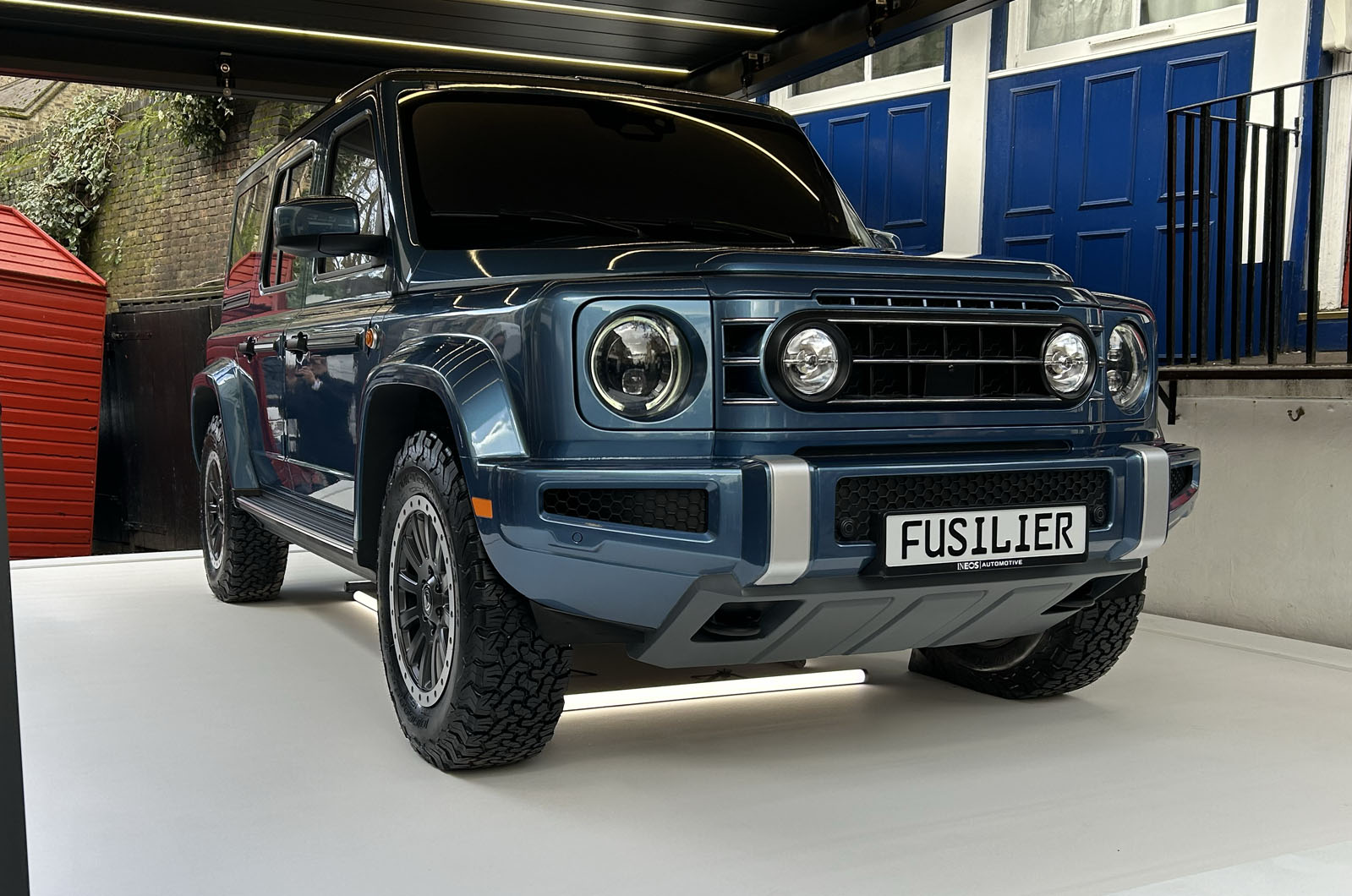For those who still believe EVs are cheaper than ICE, the following from Ineos - who actually manufacture vehicles:
''the cost of a battery is "three times" the cost of a combustion engine.''
Grenadier's smaller sibling is first electric Ineos, due on sale in 2027 with extreme off-road ability

www.autocar.co.uk
True. And this demonstrates my point.
If the cost of the battery is 3 times that of an ICE engines, then this shows just how much cheaper it is to make the rest of the car.
At current, the main obstacle to reducing EV prices is the cost of the battery. Everything else can be made in large numbers in China, cheaper than we ever imagined.
The first step is to focus on city cars. Not everyone needs 100kWh batteries weighing shy of a ton, providing 400 miles range, and costing £10k each. A smaller, lighter, and cheaper battery with a (WLTP) range of 100-200 miles will be suitable to many city dwellers.
Then, think Ford Focus, not Scorpio Ghia - not every EV needs to have autonomous driving, bird-view cameras, HUD, 20" displays, etc etc.
The main risk to our environment, as I see it, is from cheap EVs flooding the planet, and even if all the energy we produced was from renewable sources, the making and disposing of these EVs will likely cause significant harm, more so in developing countries.
The battery issue will resolve itself in time. Due to the current high cost, the market is flooded with money from investors directed at battery research - the first company to develop a smaller, cheaper, lighter battery will have discovered a gold mine. It's only a question of time before science cracks it.
(To those who say "it can't be done", all I can say is that as a young lad working in IT back in the eighties and nineties, I carried large CRT computer monitors up flights of stairs in lift-less buildings, cursing whoever invented the bloody things, then again later in life when unboxing our first 50" CRT TV.... these days I can remove our 65" flat TV off the wall myself, and I am 40 years older!)

